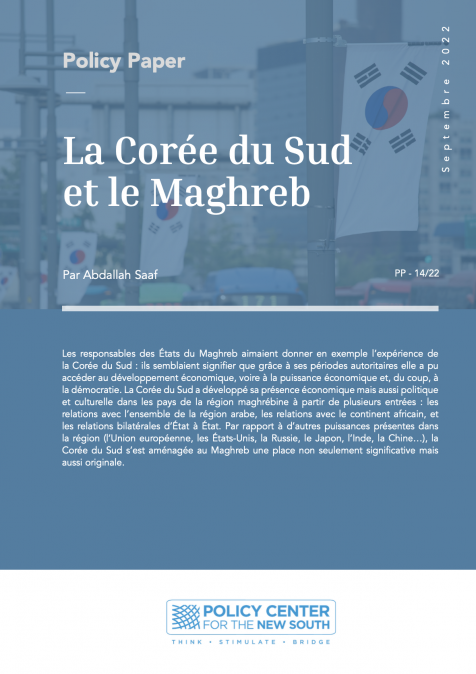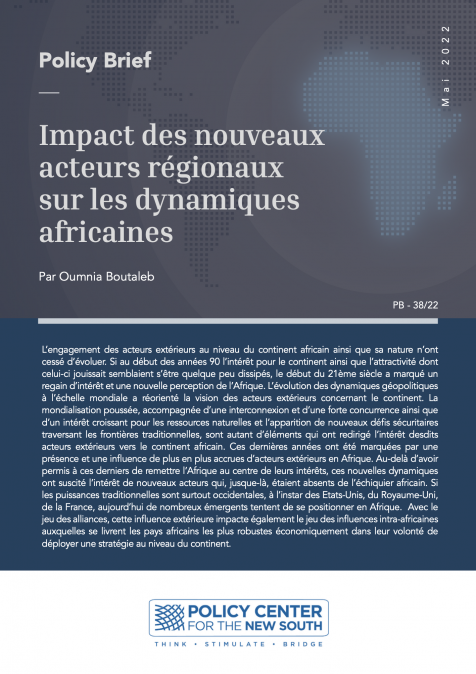Podcasts
Migration Governance and City Diplomacy
Related topics:
Migration is a natural human phenomenon, yet the current narrative often centres on security and border management, with little attention paid to origin and transit countries of incoming migration fluxes. Consequently, the policies implemented in this field often disregard human rights and access to services hindering right based support and increasing the illegal pathways of migration.
Cities are the first level of governance, putting them at the forefront of migration management yet they are not substantially integrated in migration governance processes. To tackle this, cities are forming alliances to share best practices and develop policies and actions on ways to deal with migration in an inclusive and safe manner.
While the common debate around migration looks at the impact of South-to-North migration, this episode takes on migration management from a South-to-South perspective and focuses on African intermediary cities in urban migration governance, such as Sfax, Tunisia.








